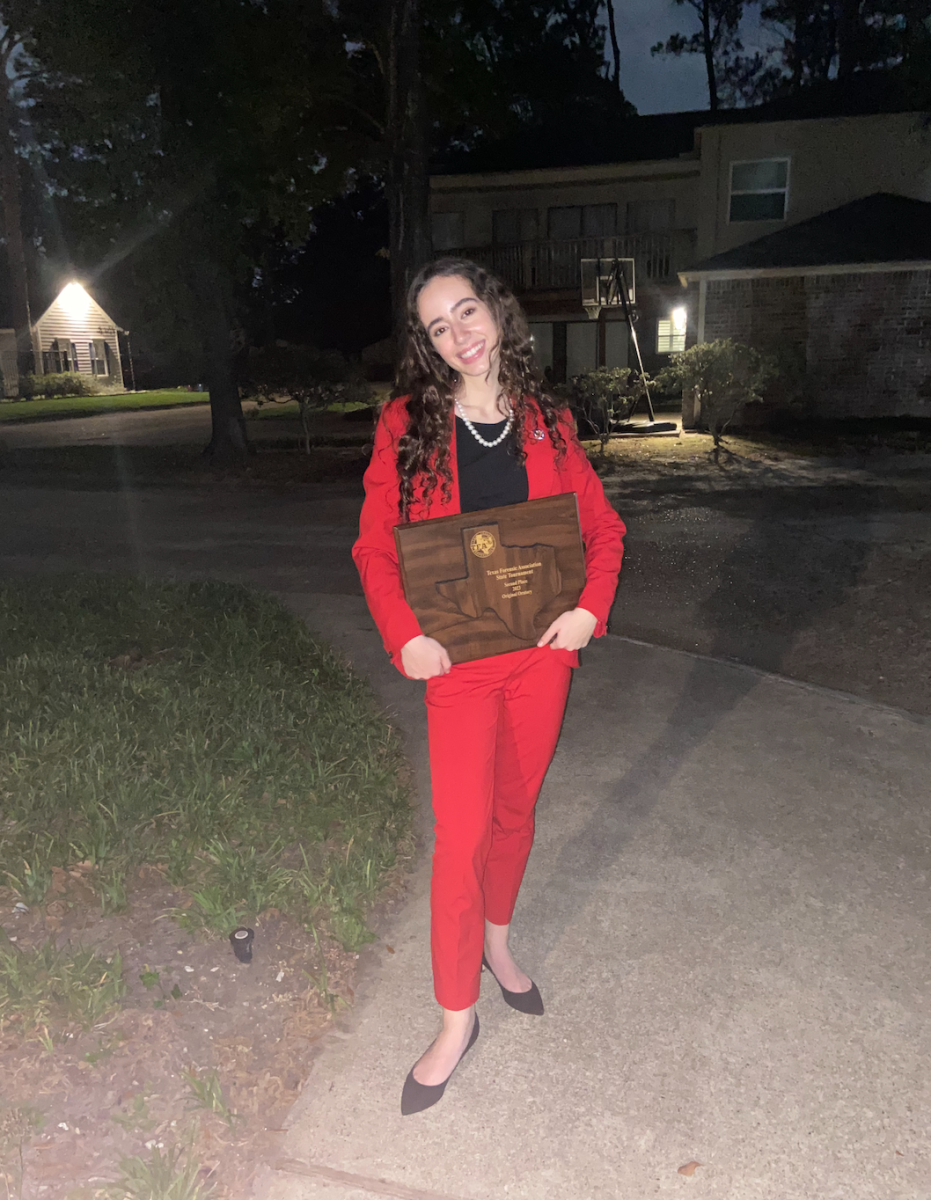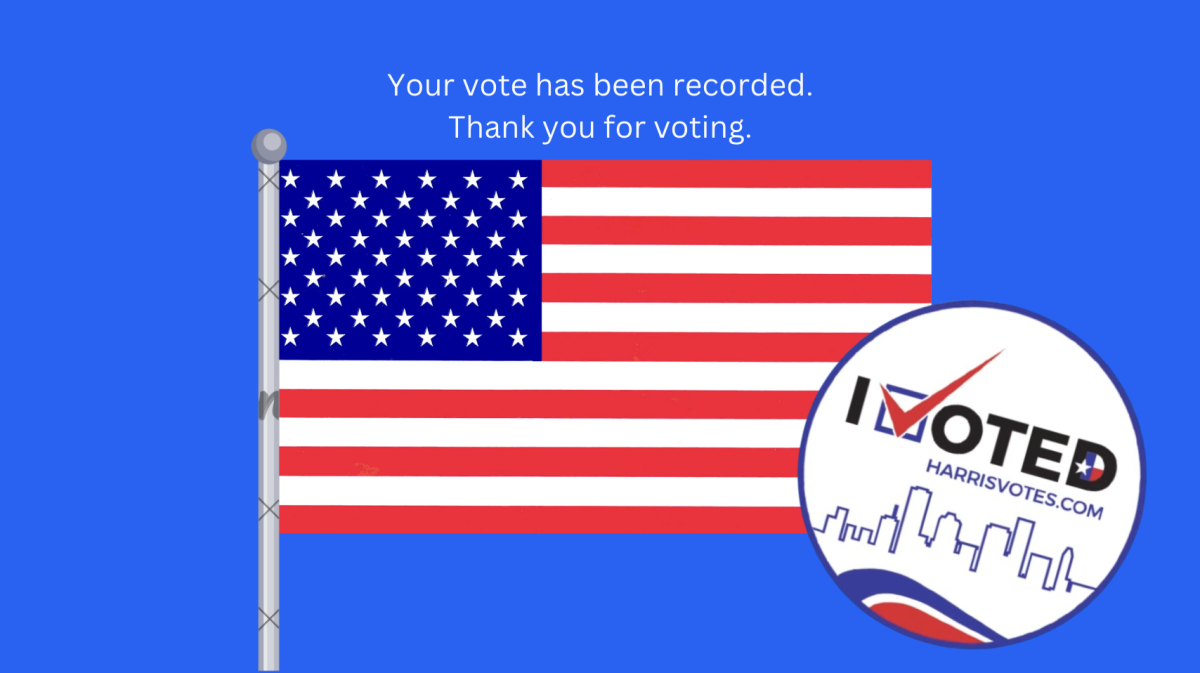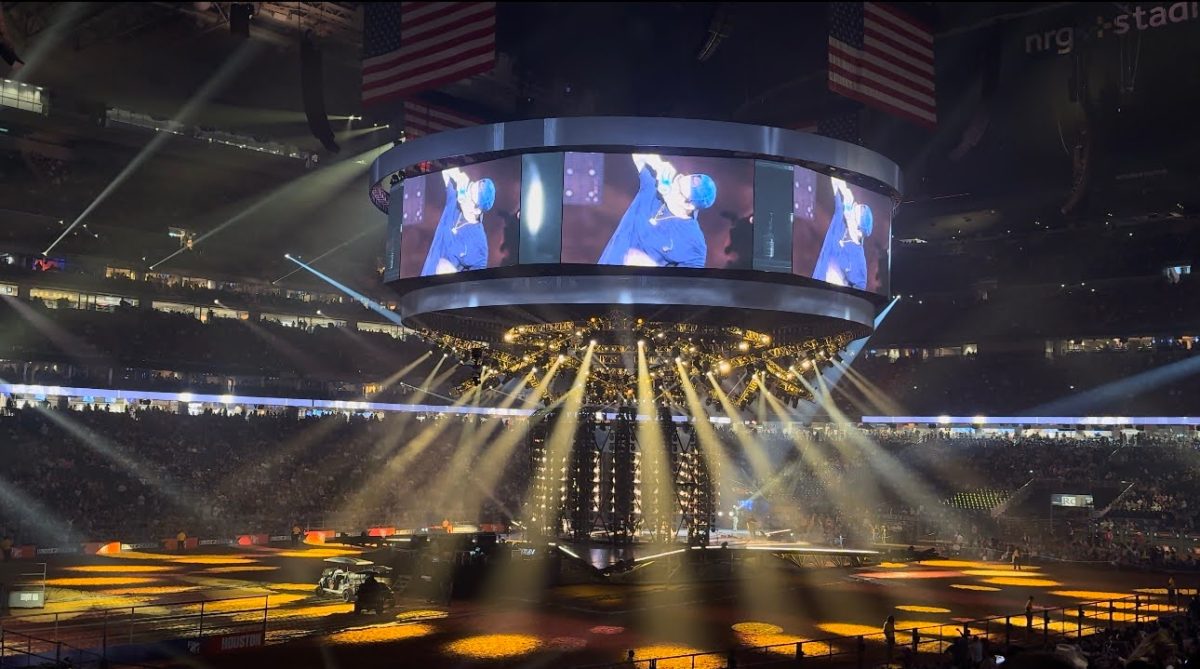I’ve been an avid competitor in National Circuit Speech and Debate for the past three years, particularly in Original Oratory, an event in which one must write and deliver an original persuasive speech. An Oratory is intended to change an audience’s perspective on an issue and rally audience members to make a change. If you are an aspiring orator or curious about the inner workings of Speech and Debate, read this Original Oratory on Denialism from my 2022-2023 season (final version delivered at the National Speech and Debate Championship Tournament in Phoenix, Arizona). With this speech, I placed second at the Texas State Championships and first at the coveted Tournament of Champions. As you are reading it, I recommend trying to identify the different elements (ex: humor, anecdotes, rhetorical appeals, structure, tone etc.) that made this speech successful. I also encourage you to read it out loud to truly bring the words to life. After all, speeches aren’t meant to be read but heard. Nonetheless, I hope that by reading this oratory you gain some insight about speechwriting and the crucial topic itself. Enjoy flying to new horizons—
Birds of a Feather
I have some confessions. First Confession: I’m… terrified of birds. Yeah, I used to snicker at ornithophobes too, until I unearthed the secret: Pigeons aren’t real. They’re actually FBI surveillance drones. Doubtful? Think. Why are pigeons only found in densely populated areas, on electric wires? They’re robots charging via electrical induction. Bird poop? Battery acid. Baby pigeons? Never seen one. Obviously, pigeons are government drones deployed to destroy our freedom, duh. Thankfully, the “Birds aren’t Real Movement” resists this tyranny, exposing the truth: America is… cuckoo. See, “Birds Aren’t Real” is actually a counter movement to conspiracy theories, created to mirror their foundation- our malignant habit of rejecting truth despite overwhelming evidence. Pigeons are real, though they are creepy. Denying their existence may seem trivial, but it reveals a toxic tendency that’s flown under our radar, denialism.
Unfortunately, we’ve become ostriches, collectively burying our hands in the sand, neglecting truth, thus strangling society with the very thread that’s supposed to bind us together, reality. Whether it’s denying distressing news or history, our denialist mindset, as Wake Forest Professor Adrian Bardon warns, “polarizes fact” thereby eroding progress and stability, undermining America’s promise. So let’s no longer… deny, deny, deny by first examining the causes, then disarming denialism’s backfire effect allowing us to recognize the harms, and finally flying to some solutions. Because, in the distinguished words of Mark Twain, “denial ain’t just a river in Egypt,” it’s also the greatest threat to achieving “a more perfect union.”
Second confession: denial taints pigeons and my romantic life. Recently, I had a major crush on this boy and was convinced he liked me back, but there was one insignificant detail, his boyfriend. You too? Like me, and you, our emotional need to cope with pain overrides reason, triggering our defense mechanism, denial. Psychologist Paul Appelbaum explains “denial [stems] from neglecting… upsetting information.” So when our worldview is threatened by uncomfortable, inconvenient truths, we instigate more “convenient” realities. It’s inconvenient for “swifties” to accept Taylor Swift is an “anti-hero” of environmentalism, contributing 1000 times the carbon emissions of the average person. Yet fans “swiftly” defend her, tweeting about her “appreciation for penguins,” yes because appreciation negates their endangerment, reasonable. Similarly it’s inconvenient for proponents of “arming teachers” to admit this policy’s risks. Inconvenient for genocide apologists to acknowledge genocide’s horror. Hence, we deny, constructing realities that are emotionally appealing but fundamentally mistaken.
Discomfort triggers denial, but systemic avoidance of the “other side” proliferates it, even across party lines. A 2017 journal of psychology study found, “the left and right avoid the other for the same reason: anticipation of dissonance.” Dissonant information challenges our “convenient” realities so we systemically avoid it by establishing echo chambers; insulated information platforms, stifling perspectives deemed “offensive.” Thus, we struggle to recognize denial, which Kentucky Professor Donald Case alerts, “amplifies denialist narratives.” We fortify our echo chambers by canceling controversial figures or censoring books, like,“and Tango makes three” which depicts the TRUE story of male penguins coupling to raise a baby penguin, Tango. School districts ban Tango’s story labeling it “anti-family”… wow, such dedicated conservationists, unlike Taylor Swift. Seriously, our demand for emotional security and avoidance of dissonance, allows denial to thrive, so denialism becomes our destiny.
Next confession, I was concerned you may’ve thought me “bird-brained” for believing pigeons aren’t real. Often, we feel threatened when confronted with dissonant information, thus may cling tighter to denialism; the “backfire effect.” Harvard professor Joseph Degutis explains, it “reinforces [misconceptions] evidence aims to rectify.” So, before acknowledging denial’s harms we must disarm this effect. When exposed to unpleasant information, consider it critically– perhaps apply Occam’s Razor, a principle that concludes, between conflicting theories, the one with the least assumptions is the right one. Take my bird conundrum: the theory with numerous assumptions is, pigeons are government drones, while the empirically supported answer, is pigeons are just pigeons. Consider uncomfortable information, even in competitive speech, because information can never hurt a decision. Right, judges?
Now, with the power to overcome the backfire effect, let’s analyze the harms. By minimizing threats and legitimizing violence, denialism keeps our union far from perfect. Denying uncomfortable realities renders us unable to address crises. The Center for American Progress states, “26% of congress denies climate change.” If our elected officials are too chicken to accept fact, how can we effect change? With parents in the petroleum industry, I understand the convenience of denying that natural disasters, sea levels, temperatures are increasing. What would Occam say about these headlines? “Multi-billion dollar disasters, the new normal” Bloomberg, May 2023. “Sea Levels Rise, U.S Coasts Sink” the Wired, May 23. “Climate Change fueling Arizona wildfires,” Arizona Central, May 23. If we don’t confront denialism, these headlines are the beginning to climate catastrophe. Similarly, disregarding our gun violence crisis, despite it being children’s leading cause of death according to the NIH, condones more, Sandy Hook’s, Uvalde’s; the 17 school shootings of 2023 alone.
We chant “never forget” but prolong trauma by denying, thus, legitimizing violence. A friend is one of the “quarter of American youth,” which, The Independent reports, “believe the Holocaust didn’t happen.” When school boards ban testimonies like Anne Frank’s, genocide is recklessly erased, which historian Ellen Germain warns, “legitimizes anti-semetic violence.” Like the murder of Arizona Professor Thomas Meixner by a student, a holocaust denialist, who mistakenly believed him Jewish. Denial excuses past and justifies present violence. It did on January 6th, 2021 and continues as non-partisan poll workers routinely receive death threats ahead of the 2024 elections. Yet our response to tragedy continues to be: “this is not our America.” To say that, is to deny reality. It’s time for our final confession: climate inaction, gun violence, genocide denial, undermining democracy IS our America, denialism doesn’t cause it to be so, but licenses it to remain so.
But this doesn’t have to be tomorrow’s America. We can dispel denialism by championing civil discourse personally and systemically. Civil discourse unravels our denial by teaching to discuss instead of attack, evaluate rather than avoid diverse perspectives, thereby imparting, as USC professor Thomas Hollihan affirms, “one’s argument could be wrong.” And that’s okay. We love to think facts “speak for themselves” but they don’t. They need advocates to communicate them. So, practice advocating, consider participating in community discussions coordinated by the nonpartisan organization Braver Angels. Such conversations may not alter beliefs, but initiate understanding, compromise, thus disarming denial.
Personal commitment is a foundation. But dispeling denialism systemically requires deconstructing echo chambers, requires civil discourse in education. Because denialism is learned, platforms like this, Speech and Debate, where we evaluate arguments and respect diverse stories instead of banning them, is where it can be unlearned. While this transformative activity can serve as a model, our reach is not enough. Being in this room is not enough, we must champion civil discourse beyond the ballot. This means partnering with NSDA to expand speech and debate awareness, to implement discussion in our classrooms, through programs like Debate Across the Curriculum. If we do so, speech and debate could begin to subdue denial, reuniting “we the people.”
If denialism felt overwhelming, expansive- that’s because it is. But it doesn’t have to be. So, instead of burying our heads in the sand, let’s lift them towards the sky and fly towards our “more perfect union.”



